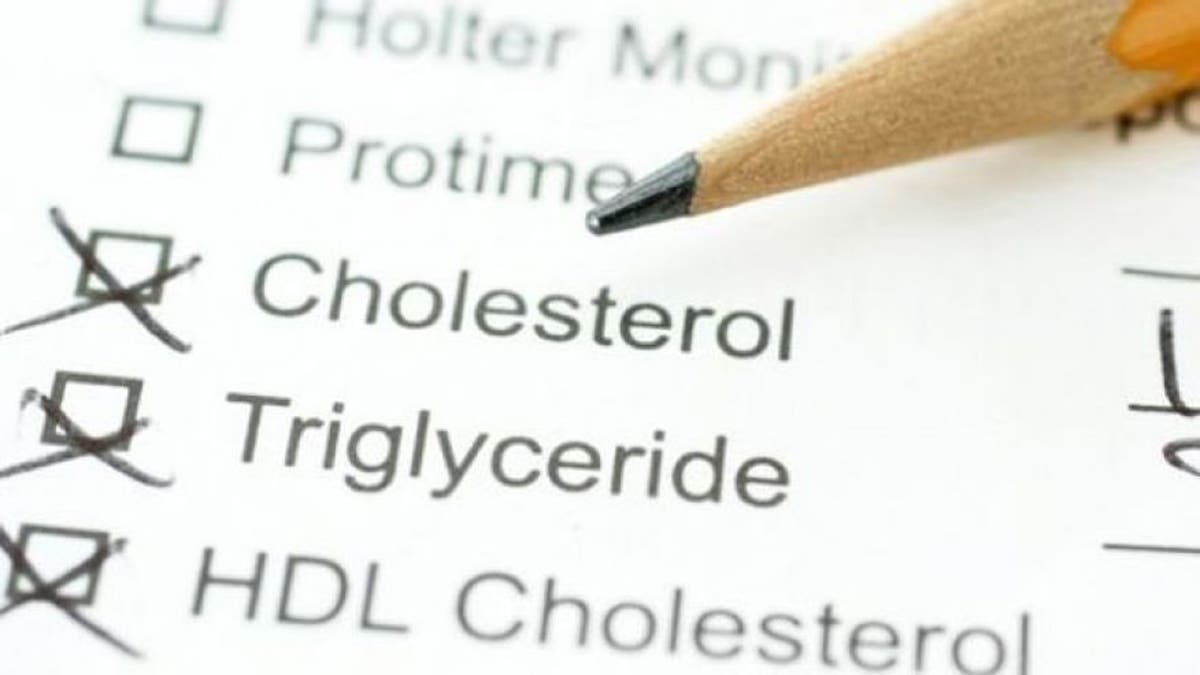
About 20 percent of U.S. children have problems with their cholesterol levels, such as high levels of "bad" cholesterol or low levels of "good" cholesterol, according to a new report.
The report found that, overall, 7.4 percent of children ages 6 to 19 have high levels of total cholesterol, meaning their cholesterol levels are at or above 200 milligrams per deciliter.
High cholesterol levels are more common in children who are obese, the report found. Among obese children in the study, 11.6 percent had high total cholesterol levels, compared with 6.3 percent of children whose body weight fell into the normal range.
In addition, the researchers found that girls were more likely to have high cholesterol levels than boys: nearly 9 percent of girls had high total cholesterol levels, compared to about 6 percent of boys.
The most common cholesterol problem in kids was having levels of "good" cholesterol that were too low, meaning having levels of HDL cholesterol below 40 mg/dL, the report found. Overall, 13.4 percent of children had low HDL cholesterol, but the rate was much higher among obese children. About 33 percent of children with obesity had low HDL cholesterol, compared with only 6.8 percent of children with a normal weight.
Studies suggest that risk factors for heart disease, including abnormal cholesterol levels, "track from childhood into adulthood," the researchers said. "Continued monitoring of abnormal cholesterol levels among children and adolescents may inform public health interventions to promote long-term cardiovascular health and prevent [cardiovascular disease] in adulthood," they said. [10 Ways to Promote Kids' Healthy Eating Habits]
The American Academy of Pediatrics recommends all children ages 9 to 11 have their cholesterol levels checked. If a screening test shows a child has high cholesterol, the doctor will repeat the test two weeks later to confirm the result, the AAP says. If the child's cholesterol is still high, doctors can determine whether it is the result of an underlying condition, such as obesity or an underactive thyroid, the AAP says.
High cholesterol levels in children are usually treated with lifestyle changes, including weight loss, increased exercise and a healthy diet, according to the Mayo Clinic. Older children who don't see a change in their cholesterol levels after taking these steps, or children who have other medical conditions along with high cholesterol, may be urged to take medication, the Mayo Clinic says.
- 10 Scientific Tips For Raising Happy Kids
- Easy Answers to the Top 5 Science Questions Kids Ask
- Top 10 Amazing Facts About Your Heart
Copyright 2015 LiveScience, a Purch company. All rights reserved. This material may not be published, broadcast, rewritten or redistributed.
